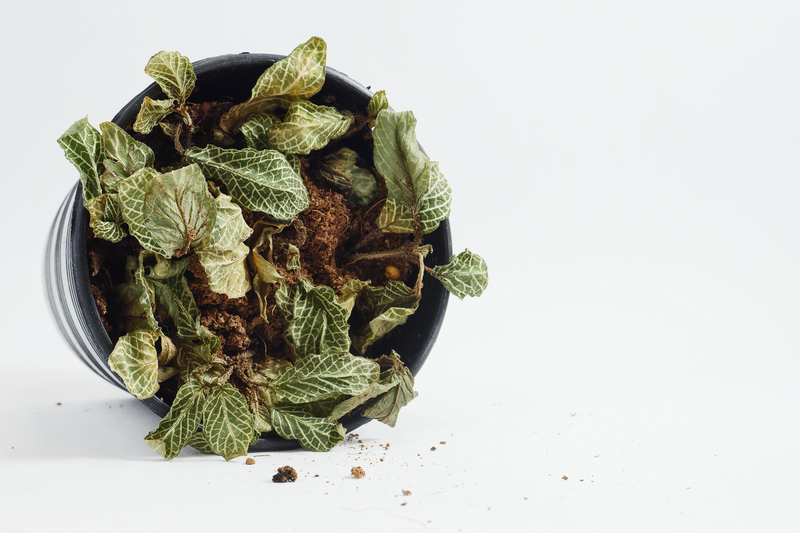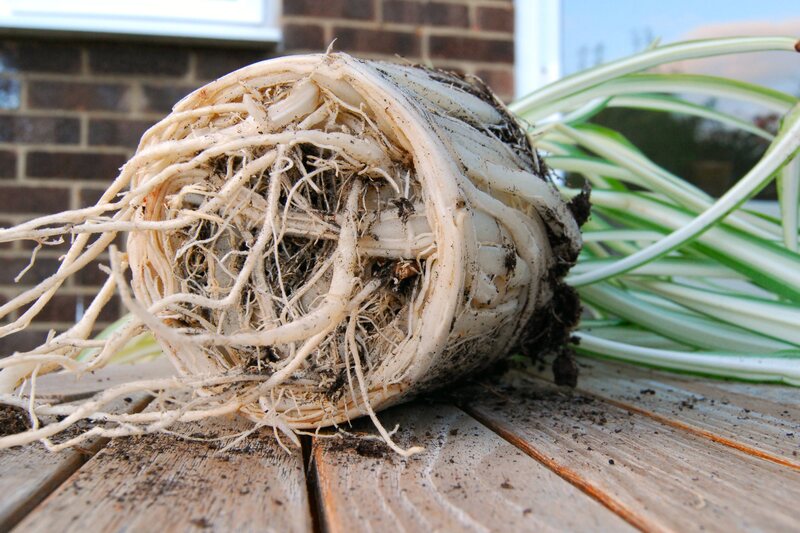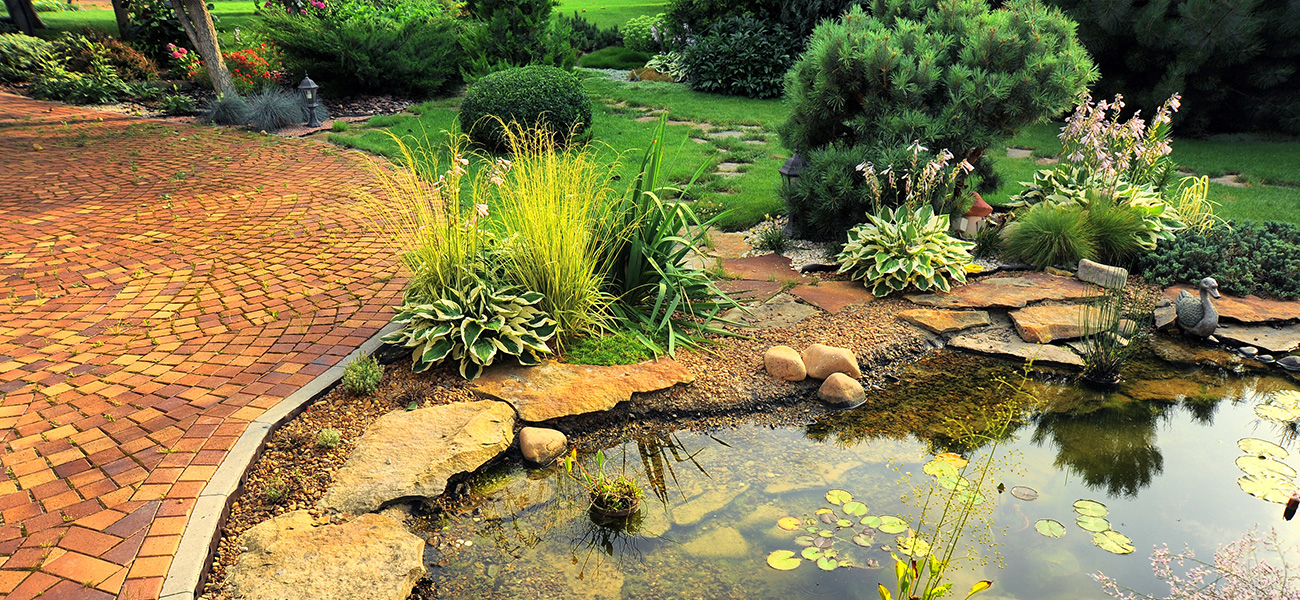Your Guide to Essential Tools for Garden Mastery
Posted on 22/08/2025
Your Guide to Essential Tools for Garden Mastery
Embarking on a journey to garden mastery requires skill, patience, and the right set of tools. Whether you're nurturing a flower bed, cultivating vegetables, or maintaining a lush backyard oasis, having essential garden tools on hand can make all the difference. In this comprehensive guide, we'll explore must-have gardening equipment, tips for choosing quality tools, and maintenance insights that will elevate your gardening experience.
Why Quality Garden Tools Matter
The path to garden mastery begins with equipping yourself with purposeful implements. High-quality tools not only boost efficiency and precision but also prevent injury and weariness. They enable gardeners-- from beginners to experts--to work smarter, not harder, while ensuring healthier plants and improved results.
- Efficiency: Complete gardening tasks faster with less effort.
- Durability: Quality materials withstand the rigors of outdoor use.
- Plant Health: Clean, sharp tools reduce plant stress and disease spread.
- Ergonomics: Well-designed handles diminish hand and back strain.

The Cornerstones: Essential Garden Tools Every Gardener Needs
No matter your gardening aspirations, a strong foundational toolkit is key. Here's a breakdown of vital gardening implements, each serving a distinct purpose:
1. Hand Trowel
The hand trowel is a true workhorse--for digging, transplanting, soil loosening, and container gardening. Look for a strong, stainless-steel or aluminum blade with an ergonomic handle.
- Ideal for: Planting bulbs, removing weeds, and moving plants.
- Tip: Select a trowel with a comfortable grip to minimize hand fatigue.
2. Pruning Shears (Secateurs)
Sharp pruning shears are vital for cutting stems and small branches. Bypass-style shears make clean cuts on live plants, while anvil-type pruners handle dead wood.
- Ideal for: Shaping shrubs, harvesting herbs, deadheading flowers.
- Tip: Opt for replaceable blades for long-term value and performance.
3. Garden Fork
A robust garden fork is indispensable for turning and aerating soil, breaking up compacted earth, and incorporating compost.
- Ideal for: Digging out root vegetables, mixing in soil amendments.
- Tip: Select a forged steel fork for maximum strength.
4. Garden Spade
The spade is a classic tool for digging, edging, and lifting sod. Its flat, squared-off blade excels at slicing through soil with precision.
- Ideal for: Defining garden beds, transplanting shrubs.
- Tip: Consider spades with Ash or fiberglass handles for durability.
5. Watering Can or Hose
Proper hydration is a pillar of successful gardening. A good watering can with a removable rose attachment or a sturdy garden hose helps deliver water directly to plant roots, minimizing waste.
- Ideal for: Seedling care, container gardens, and spot-watering.
- Tip: Choose lightweight cans and kink-free hoses for ease of use.
6. Gardening Gloves
Protect your hands from blisters, scratches, and soil-borne pathogens with well-fitted, durable gardening gloves.
- Ideal for: Any task requiring hand protection--from pruning to planting.
- Tip: Gloves made from breathable materials offer both safety and comfort.
7. Rake
A versatile rake--either leaf or garden variety--helps clear debris, spread mulch, and level soil.
- Ideal for: Preparing seedbeds, collecting fall leaves, and soil grooming.
- Tip: Adjustable rakes adapt to different garden sizes and tasks.
8. Hoe
The garden hoe is invaluable for weeding, cultivating, and shaping soil. Its blade comes in several styles, including draw, stirrup, and Dutch hoes.
- Ideal for: Breaking up soil, removing weeds, and making furrows for seeds.
- Tip: The right hoe design depends on the type of gardening you do--row crops, raised beds, or ornamental beds.
9. Wheelbarrow or Garden Cart
For moving soil, compost, plants, and tools, a wheelbarrow or garden cart is indispensable. Choose between single-wheeled models for maneuverability, or two-wheeled carts for stability.
- Ideal for: Hauling heavy loads, spreading mulch, transporting garden waste.
- Tip: Pneumatic tires provide smoother navigation on uneven terrain.
10. Weeder
Target troublesome weeds with precision using a specialized weeder tool like a dandelion digger or hand weeder.
- Ideal for: Removing deep-rooted weeds without disturbing surrounding plants.
- Tip: Ergonomic handles make repetitive weeding more comfortable.
Advanced Garden Tools for Enthusiasts
As your garden grows, so might your need for more advanced equipment. The following tools help streamline tasks and maintain a polished, productive garden space:
- Loppers: For cutting thicker branches unreachable by regular pruners.
- Garden Kneeler/Seat: Offers ergonomic comfort for extended weeding or planting sessions.
- Soil pH Tester: Measures soil acidity/alkalinity for optimal plant health.
- Compost Bin or Tumbler: Recycle garden and kitchen waste into rich compost.
- Oscillating Hoe: Weeds large areas with minimal soil disturbance.
- Drip Irrigation System: Automates watering, conserves water, and supports healthy root development.
Tips for Choosing the Best Gardening Tools
When searching for essential gardening tools for your collection, consider these factors:
- Material Quality: Favor stainless steel, high-carbon steel, or rust-resistant metals for durability.
- Ergonomics: Tools with cushioned, contoured handles prevent strain and promote longer work sessions.
- Weight and Balance: A well-balanced tool enhances control and reduces fatigue.
- Maintenance Needs: Some tools are simpler to clean, sharpen, and store than others.
- Specialized Requirements: Factor in soil types, garden size, and personal preferences.
Garden Tool Maintenance: Prolonging the Lifespan of Your Tools
Proper maintenance isn't just about longevity; it's a core aspect of effective gardening. Well-kept tools perform better and are less likely to carry plant diseases between beds.
Here are some maintenance tips for your essential gardening tools:
- Clean After Every Use: Rinse or scrub off soil, sap, and debris. Dry tools thoroughly to prevent rust.
- Sharpen Blades: Use a sharpening stone or tool file to maintain a keen edge on pruners, shears, hoes, and spades.
- Oil Metal Parts: Occasionally apply light machine oil to hinges and blades to prevent corrosion.
- Tighten Loose Screws: Regularly check nuts and bolts on handles to keep tools secure.
- Store Properly: Hang tools in a dry shed or garage, away from moisture and direct sunlight.
Creating an Organized Garden Tool Storage Solution
An organized storage system keeps your essential gardening tools readily accessible and in top shape. Consider these space-saving solutions:
- Wall Racks: Pegboards or slat-walls neatly display and store hand tools.
- Shelving Units: Sturdy shelves accommodate larger equipment and containers.
- Tool Buckets: Portable tool bags or buckets corral hand tools for easy transport to various garden areas.
- Lockable Cabinets: Keep pesticides, sharp tools, and power equipment secure from children or pets.
Must-Know Safety Tips for Garden Tool Use
Some gardening tools, while invaluable, may pose potential hazards. Follow these safety practices for accident-free gardening:
- Wear Gloves and Eye Protection: Protect your skin and eyes from thorns, chemicals, and debris.
- Check for Damage Before Use: Never use tools with cracked handles, loose heads, or rusted parts.
- Handle Sharp Tools Responsibly: Always cut away from your body and store blades in protective sheaths.
- Follow Manufacturer Instructions: Especially for any power or specialty tools.

Frequently Asked Questions about Essential Garden Tools
What are the minimal tools I need as a beginner?
A hand trowel, pruners, gloves, spade, watering can, and a rake are sufficient to start your gardening journey.
How do I prevent my tools from rusting?
Always dry metal tools after rinsing, store them in a dry place, and periodically oil them to prevent moisture-related rust.
When should I replace garden tools?
Replace tools when their handles become irreparably cracked, metal rusts beyond restoration, or blades can no longer be sharpened safely.
What are the most ergonomic tools for seniors or those with arthritis?
Look for lightweight, cushioned handles, curved ergonomic designs, and long-handled tools to reduce bending or strain.
Conclusion: Cultivate Garden Success with the Right Tools
Achieving mastery in the garden is a blend of passion, skill, and, most importantly, the use of essential garden tools. With a well-curated toolkit, proper care, and strategic storage, you lay the foundation for a thriving landscape. Whether you're taming a wild patch, growing your first vegetables, or maintaining a manicured lawn, let this guide to essential gardening equipment be your blueprint for success. Invest wisely, maintain diligently, and enjoy the endless rewards of a flourishing garden.
Your gardening journey begins with the right tools--start mastering your garden today!
Latest Posts
Eco-Friendly Gardening Through Organic Waste to Soil Conversion
Transform Your Green Space with 9 Essential Tips for New Gardeners
Blissful Outdoor Zen Garden Concepts for Peaceful Relaxation

